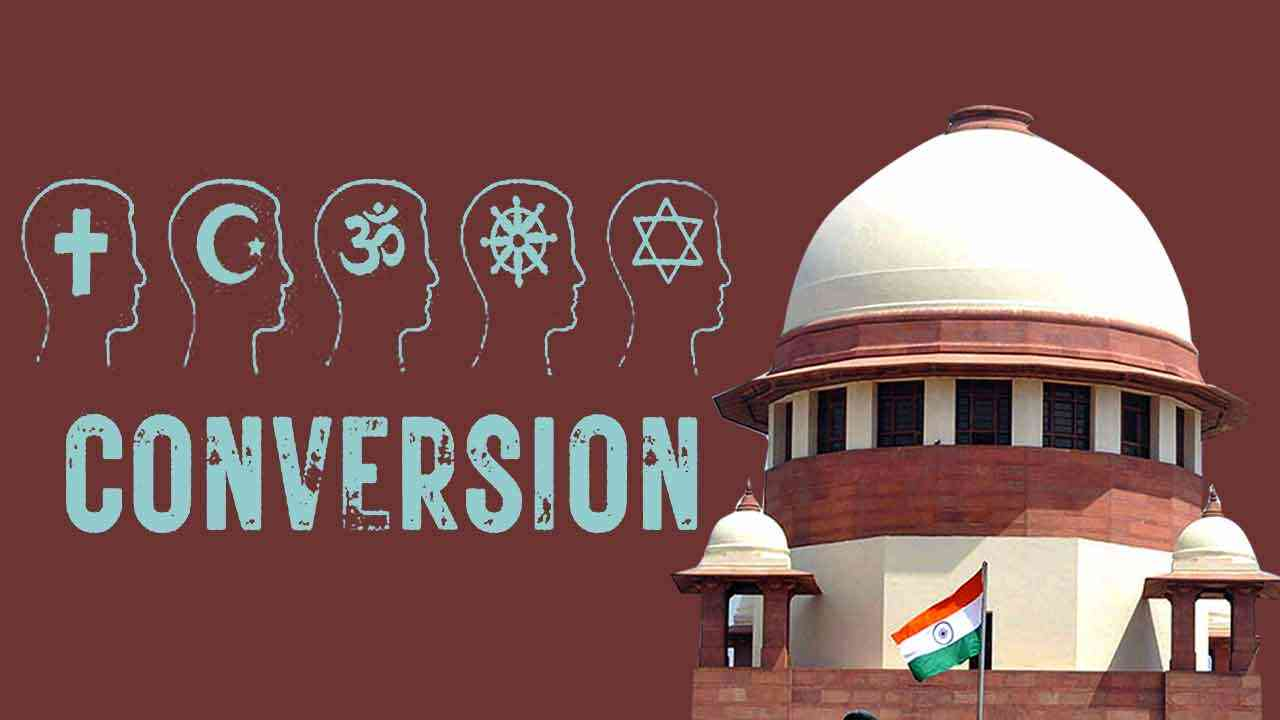
Supreme Court Considers Staying Anti-Conversion Laws Amid Controversy
The Supreme Court bench, led by the Chief Justice of India (CJI), is currently contemplating the possibility of staying the controversial anti-conversion laws enacted by several states in India. These laws have raised significant concerns regarding their impact on minority communities and overall individual rights. Recently, the court issued notices in response to petitions filed by activists like Vrinda Grover, who argue that these anti-conversion laws may not only be misused but could disproportionately affect women and religious minorities.
As the Supreme Court reviews the constitutionality of these anti-conversion laws, it’s crucial to consider the implications for states such as Uttar Pradesh and Uttarakhand, where these laws have been implemented. Petitioners contend that such legislation could be weaponized against religious minorities under the pretext of preventing forced conversions, prompting critical discussions about their alignment with constitutional protections for religious freedom and individual rights.
The court's consideration of potentially staying these anti-conversion laws highlights the seriousness of this issue. Balancing state interests with the fundamental rights guaranteed by the Constitution has never been more vital. The outcome of this deliberation could lead to significant changes in how religious conversions are legislated and enforced in India moving forward.
For ongoing updates on this pivotal discussion regarding anti-conversion laws, visit Live Law.
